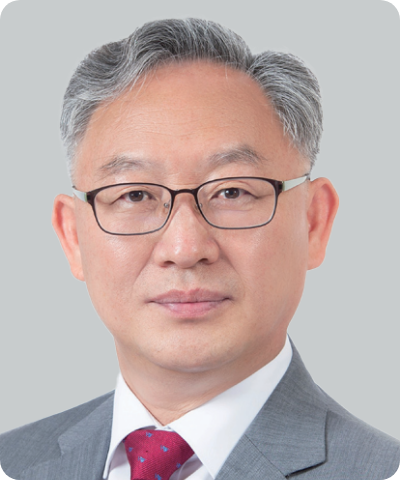About
Welcoming remarks
I would like to express my deepest gratitude to the AAS President Jean Oi, AAS board members, and 1,200 scholars and students from 40 countries who are visiting Kyungpook National University for sharing their research in Asian studies.
Under the theme of Memory, Preservation and Documentation, this conference was designed to look back on the dynamic past of Asia, to reflect on the present, and to look into the future. As is well known, Asia is the world’s largest and most populous continent, with approximately 60% of the world’s population residing in Asia. In addition, Asia has contributed to the development of human history as the birthplace of three of the world’s four major civilizations, and today plays an important and meaningful role in all areas of politics, economy, society, and culture in the world.
This year’s conference will pursue recreating this dynamic aspect of Asia in memories and records, and suggesting a future-oriented path for Asian studies. To this end, we prepared keynote lectures by two world renowned scholars, special round tables with 17 distinguished speakers, and 274 panels with 1,200 speakers. We hope that our efforts will not only open up a new era for Asian studies, but also sublimate it into an academic festival that accumulates and spreads valuable research in Asian studies.
In recent years, international tension, confrontation, and war have become common in the world, and the Asian region is also becoming an arena of competition for world hegemony centered on the great powers. We are falling into the maelstrom of the AI era that is deepening inequality. Thus, there is some worry that the global community today is falling into the danger of co-extinction in a completely different way than in the last century.
In this situation, although it is a long way off, we put small but non-trivial efforts to provide an opportunity for humanistic discourse to protect the essence and dignity of human beings, and to seek ways for the world to understand and communicate with each other.
Lastly, I would like to thank my colleagues who have worked hard and supported for the successful hosting of this conference: Dr. Hilary Finchum-Sung and Dr. Krisna Uk from the AAS Headquarters, Professor Hyaeweol Choi from Iowa University, Professor Jean Oi from Stanford University. I wish to express my sincere gratitude to the following organizations that sponsored this year’s conference: Kyungpook National University, Daegu City, Korea Foundation, Daegu Convention Bureau, National Research Foundation of Korea, and Daegu Bank. Without their financial support, the conference could not be successful. I also would like to thank PlanB Co., Ltd., which was in charge of the practical operation of the conference and faculty members of the college of Humanities at Kyungpook National University, in particular professor Hungu Cho, Seungwan Ha, Heejin Kim and Jonghee Kim. Last but not least, I am grateful for Hyunae Baek, Hyejin Lee and Eunji Lee to take care of all the administrative work.
Thank you

THE DIRECTOR OF INSTITUTE OF HUMANITIES STUDIES, KNU
THE CHAIR OF THE ORGANIZING COMMITTEE IN AAS IN ASIA